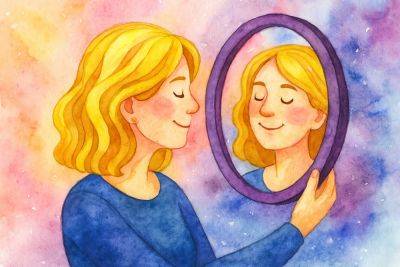ADHD and Schizophrenia: Decoding the Connection
Q: Schizophrenia is a rare brain disorder, but its prevalence rate among adults with ADHD is about double that of the general population – 0.9 percent versus 0.45 percent.
Likewise, rates of ADHD among people with schizophrenia range from 10 percent to 47 percent, compared with 3 percent to 6 percent in the general population.ADHD and schizophrenia are distinct neurodevelopmental disorders with some overlapping symptoms, such as inattention, impulsivity, weak working memory, and emotional dysregulation.
Symptoms of schizophrenia may also include hallucinations, delusions, and paranoia. Understanding how ADHD fits into this diagnostic picture, and untangling overlapping symptoms, leads to better treatment approaches and outcomes.While most people with ADHD will never develop schizophrenia, these factors increase risk: family history of schizophrenia, adverse childhood experiences or trauma, and abuse of psychoactive substances, such as marijuana that contains elevated levels of THC.Schizophrenia typically emerges in the late teens through early thirties.
ADHD can be diagnosed at any age, though it usually emerges in the early grade school years.[Watch: “Understand How ADHD and Schizophrenia Overlap”]When treating comorbid schizophrenia and ADHD, a priority must be to treat any psychosis with first-generation antipsychotics such as Haldol and Trilafon, or second-generation antipsychotics such as Abilify and Risperdal.
Read more on additudemag.com






















